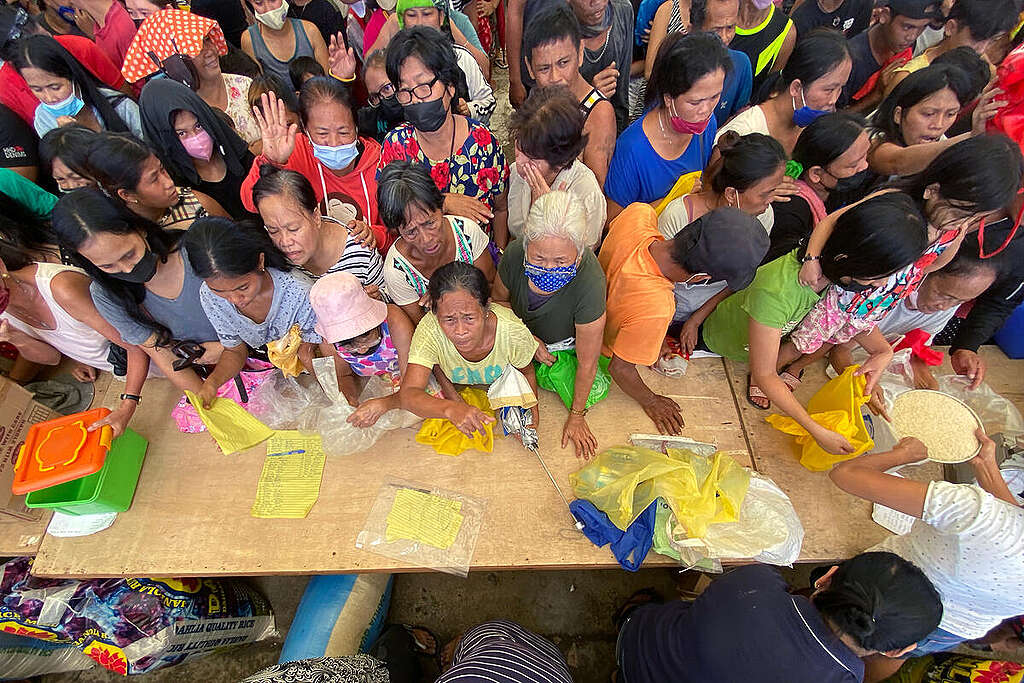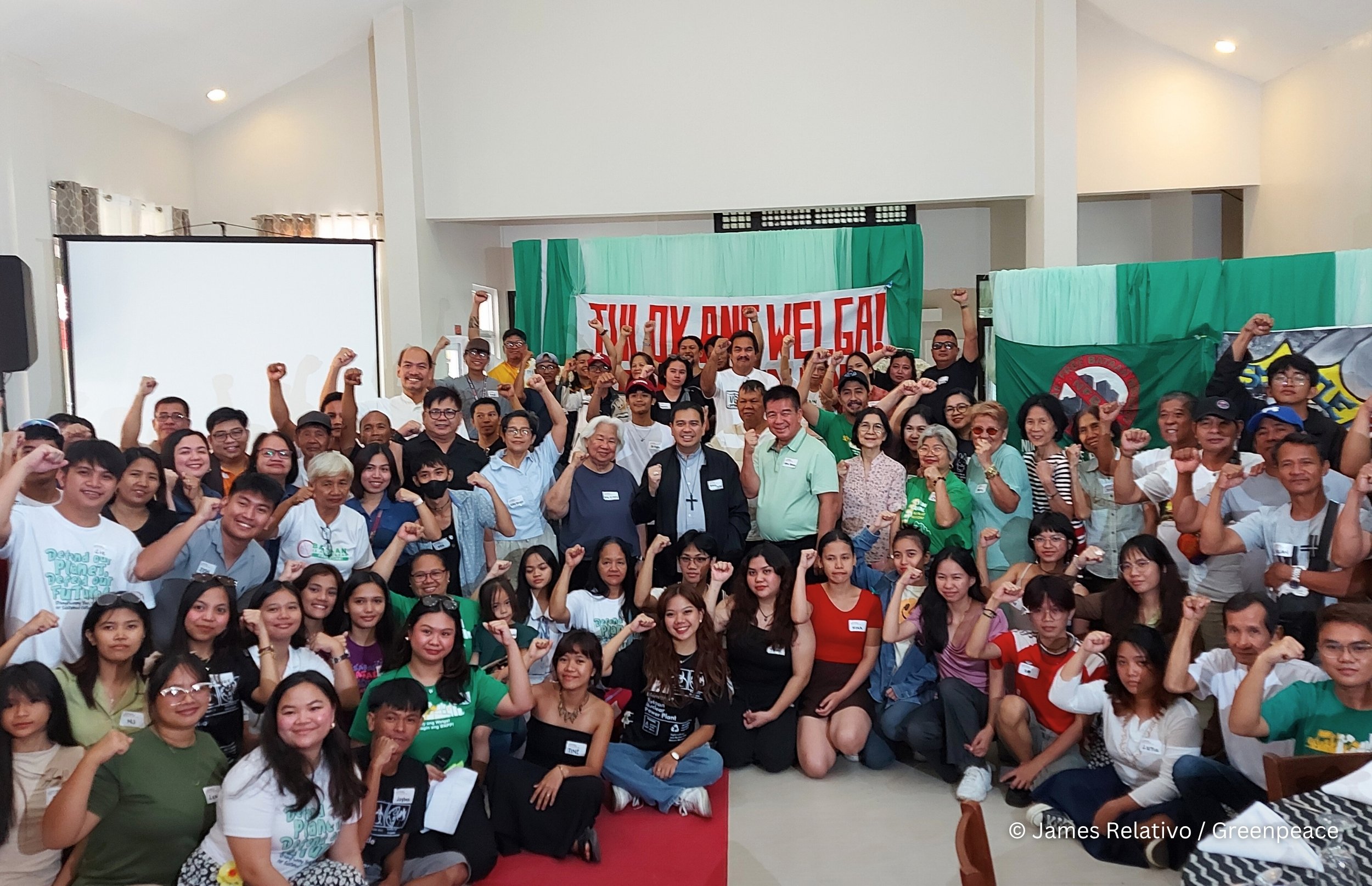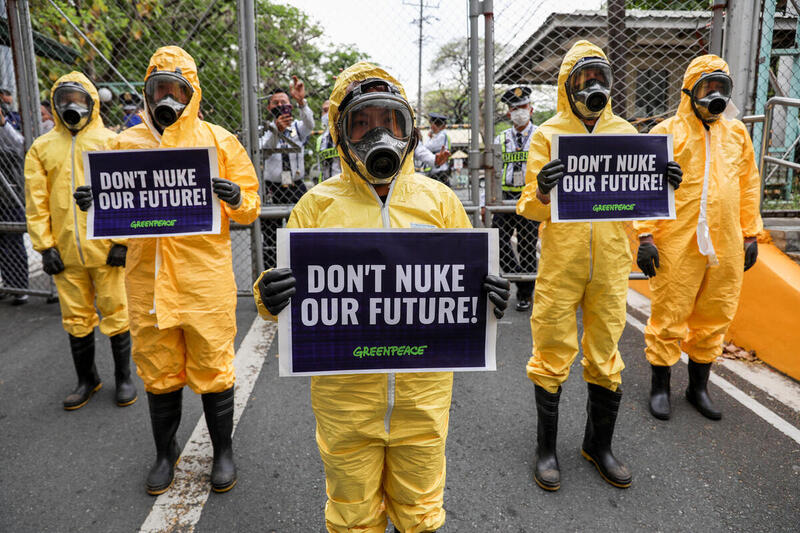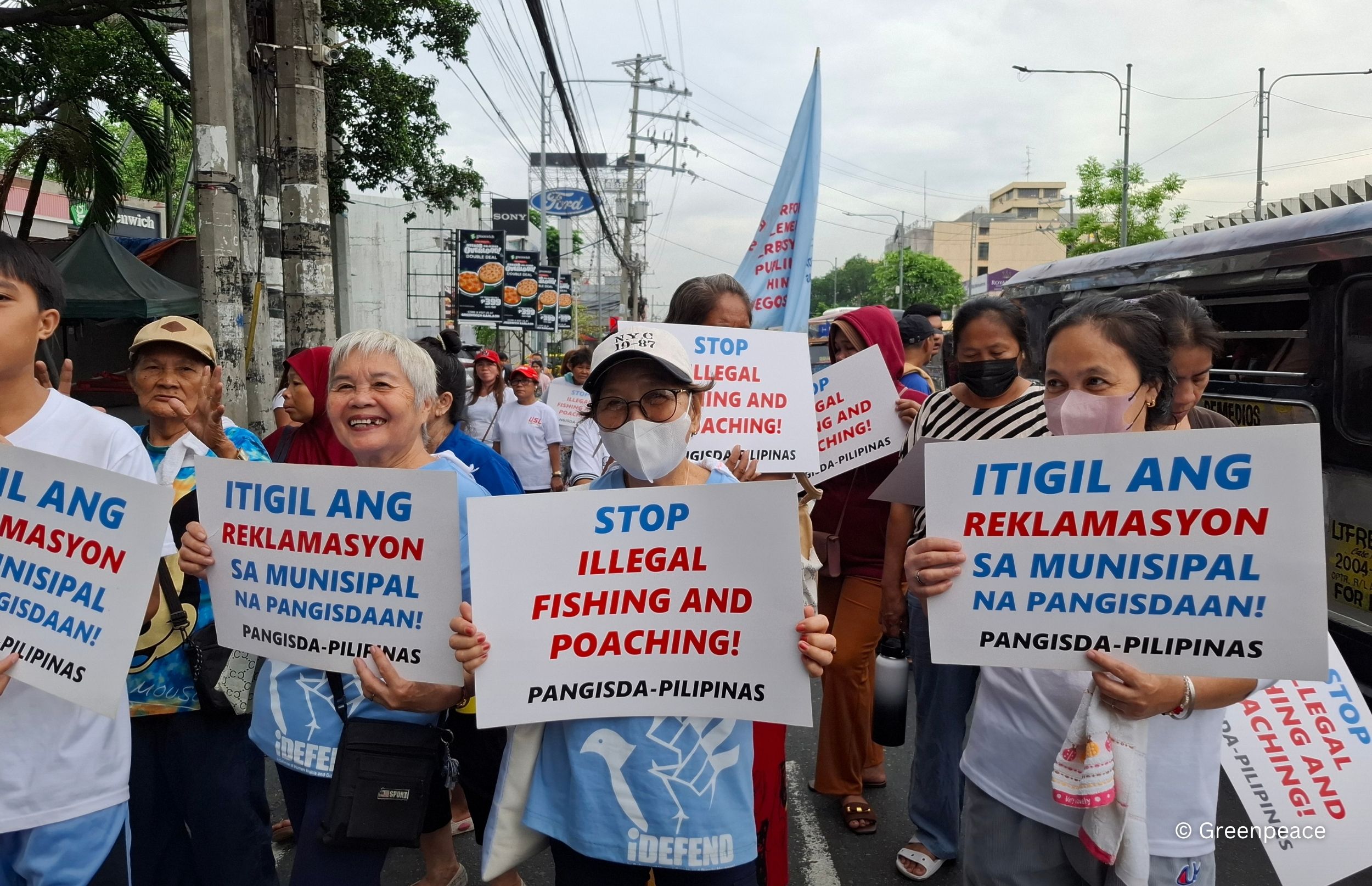
Yesterday was World Environmental Health Day, an occasion that seeks to remind us that our health is tied to the health of our environment. Ironically, September 26 also marks the 14th year since Tropical Storm Ondoy and the first since Super Typhoon Karding.
These extreme weather events (EWEs) are symptoms of the climate crisis that worsens year after year, leaving devastating impacts on human lives and society. If our well-being is indeed intertwined with that of our environment, then we must treat this crisis like an illness in our own bodies: with the utmost care and urgency.
Our experiences with the aforementioned typhoons show that EWEs are a direct threat to public health. The heavy rain and floods during Ondoy, coupled with having people crammed into evacuation centers, increased the risk of diseases such as dengue, measles, and leptospirosis. In its aftermath, Ondoy triggered a leptospirosis outbreak, significantly raising the number of cases throughout the year.
Reports during Ondoy also showed limited access to healthcare, as health facilities were damaged, and medical supplies, records, and equipment were destroyed. There could also be a lack of sanitation and potable water, leading to diarrhea, infections, and other conditions. Ondoy is surely not an isolated case, as EWEs can easily overwhelm the capacity of vulnerable communities to care for their citizens’ health. Not to mention these events’ toll on mental health—a 2012 study showed a prevalence of acute stress disorder (ASD) and post-traumatic stress disorder (PTSD) diagnoses among survivors of Ondoy and the subsequent Habagat rains in 2012.
Moreover, climate impacts can rob us of our bare necessities for survival. During Typhoon Odette in Surigao and Cebu, citizens had to line up for water rations. In some cases after EWEs, people were forced to loot local shops in order to get food. In the long term, Super Typhoon Karding cost the country PHP 3.12 billion in agricultural damage, a significant impact on our food security.
It is clear that the consequences of rapidly worsening climate change go beyond lost homes and loved ones, affecting even those who already survived. We must recognize that the climate crisis is in itself a health crisis, and the destructive practices of greedy industries damage us as much as it does the environment; these include the extraction and expansion of fossil fuel companies, the relentless production of single-use plastics, and disregard of environmental and community impacts of development projects.
We must look at climate change as a troubling diagnosis; focus on solutions, and halt its progress. We must call on our government to protect our human right to a clean, healthy, and sustainable environment, by shifting away from fossil fuels and into renewables, prioritizing the people’s needs in our cities, and urgently addressing the climate crisis.
More than maintaining active lifestyles, diets, and avoidance of vices—the best way to keep our health in check is to make sure our environment is in its best shape.
Interested in acting on issues of environmental health and climate change? Learn more on how you can help at act.gp/act-ph.



